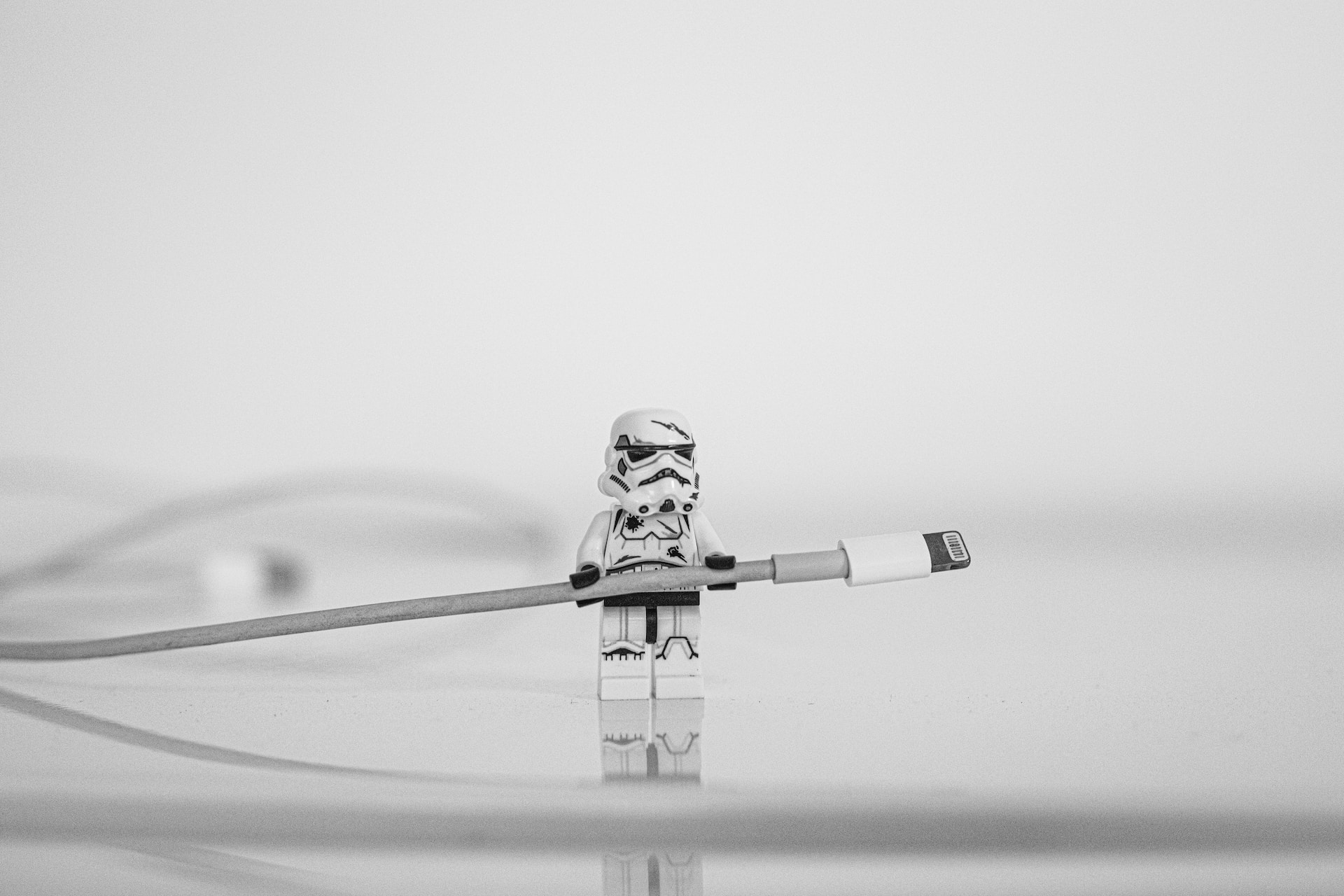What is juice jacking, why it alarms the FBI and what risk there is for smartphones

Taking advantage of public charging stations for your devices (smartphones, laptops, etc…) can be dangerous: FBI beacon on the juice jacking phenomenon
In a future where homes will be truly hyper-connected, a power outlet will probably be enough to inject malware and viruses. And given that we will have smart refrigerators, smart microwaves and light bulbs that communicate with washing machines, the first appliance to get infected will cause malicious software to spread, looking for information, pins, passwords and banking apps. In addition to double locking the door, in short, it will be necessary to lock down every domestic orifice, if one cares about one's own safety. At the moment an electrical socket is not enough to inject malware, but a USB socket is more than enough, according to the alarm issued by none other than the FBI, useful for understanding how that future just imagined is not so distant after all. And it is represented by Juice jacking.
WHAT IS JUICE JACKING AND WHY IT SCARIES THE FBI
A tweet from the US federal agency has alarmed Americans: cybercriminals have "discovered how to use public USB ports to introduce malware and monitoring software into devices". The technique used by the bad guys is called juice jacking and, as Axios explains, it would be a new cyber theft tactic that targets those who take advantage of public charging stations which often save travelers from the inconvenience of running out of water (usually found in airports or in the main public transport stations).
Avoid using free charging stations in airports, hotels or shopping centres. Bad actors have figured out ways to use public USB ports to introduce malware and monitoring software onto devices. Carry your own charger and USB cord and use an electrical outlet instead. pic.twitter.com/9T62SYen9T
— FBI Denver (@FBIDenver) April 6, 2023
“Malware installed through an infected USB port – continues the FBI – can block a device or export personal data and passwords directly to the perpetrator”. The trap could lie in the cables that cybercriminals may have left in the workstations, suggesting that these are part of a public service now widely used in places such as airports.
At the moment, the FBI's choice to communicate a similar risk to citizens does not seem to derive from a surge in juice jacking attacks, but would be part of an awareness campaign on the progressive diversification of cyber attacks.
HOW TO PROTECT YOURSELF?
Protecting yourself is actually relatively simple and, if we compare the viruses that can affect smartphones to the recent pandemic, the rest will follow by itself, based on the knowledge gained so as not to expose our bodies to unnecessary risks of contagion.
For example, one suggestion is not to use public cables and to bring your own. Easier said than done, since public sockets do not allow the user to unplug the wires to avoid theft. So, a radical alternative is to take advantage of power banks, which ensure an extra life to your battery or data blocker, which acts as a shelter between the public USB port and your device (these are very cheap products).
This is a machine translation from Italian language of a post published on Start Magazine at the URL https://www.startmag.it/innovazione/juice-jacking-smartphone/ on Thu, 13 Apr 2023 06:31:23 +0000.
